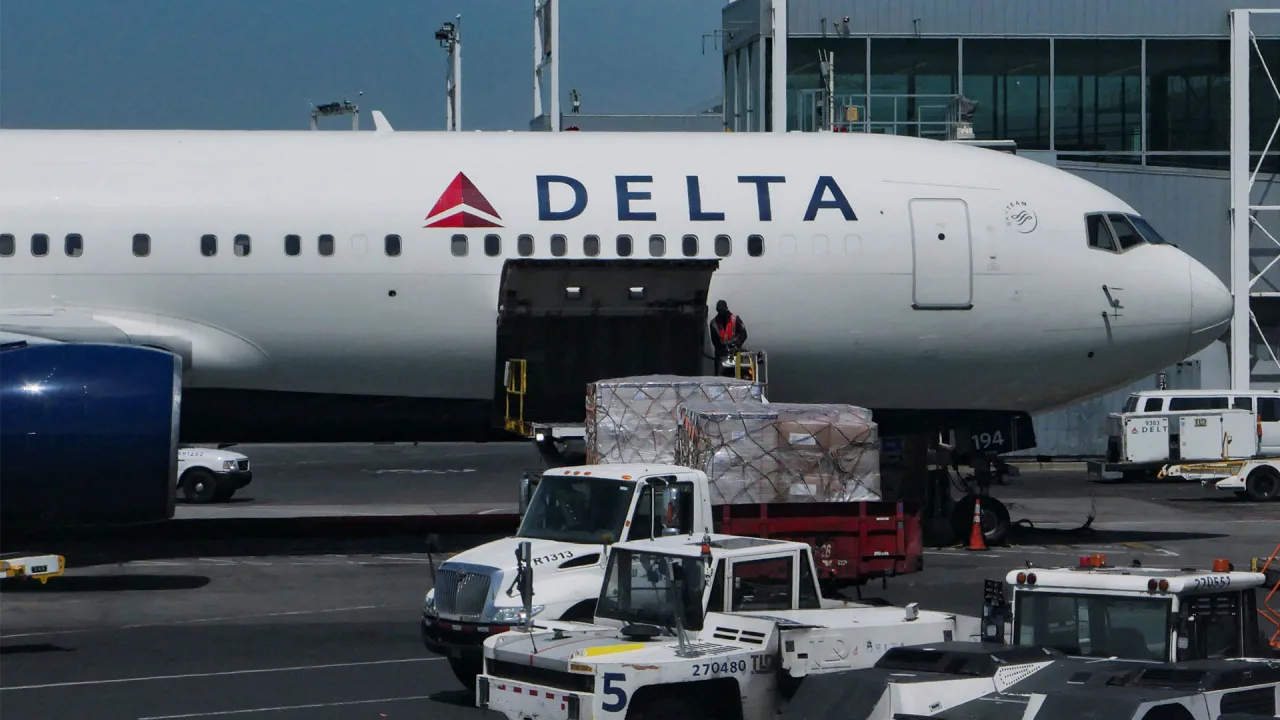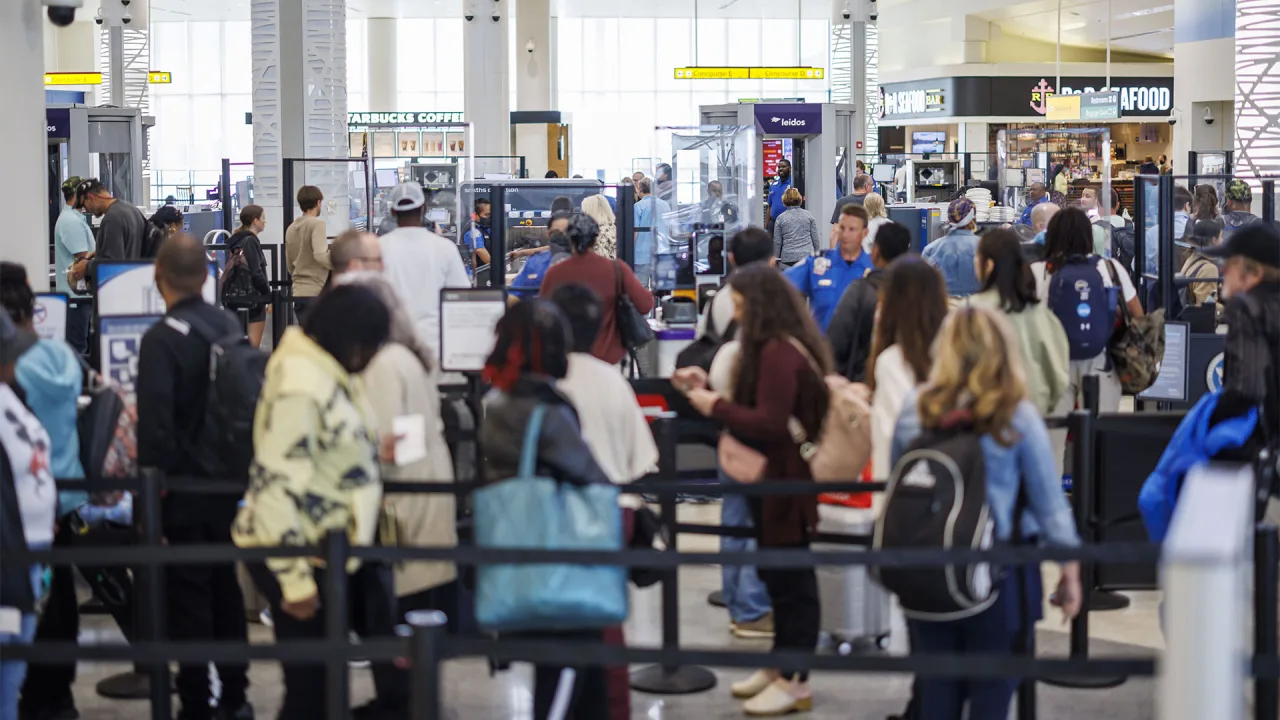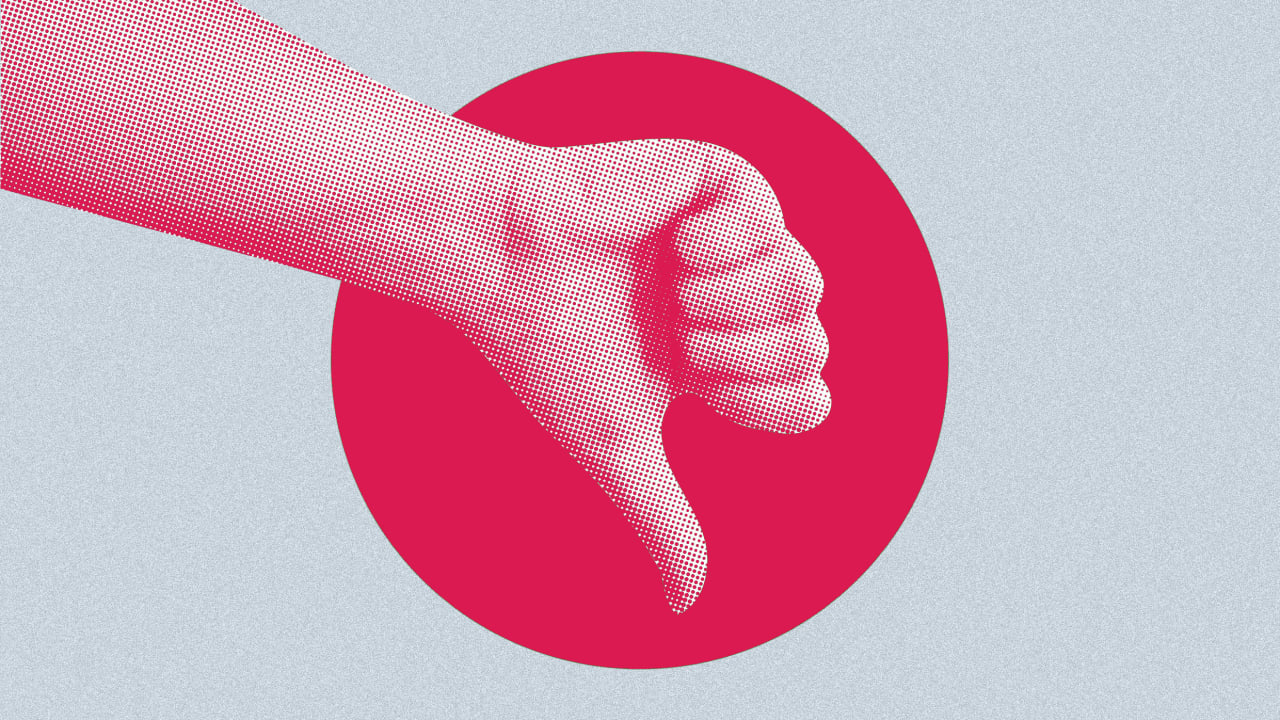Delta and United are using this strategy to survive the overall slump in travel demand

U.S. airlines doubled down on high-end travel after the pandemic to drive up profits and reduce their vulnerability to economic swings.
The strategy is paying off as the margins of carriers selling premium seats have held up despite a slump in overall travel demand. Strong demand from affluent travelers is helping airlines offset a pullback in spending by price-sensitive customers.
Delta Air Lines last week reported a 5% year-on-year jump in its second-quarter premium ticket revenue, compared to a 5% decline in main cabin revenue. The 10-percentage-point gap was the widest since the pandemic, helping it post a double-digit margin in the April-June quarter.
Similarly, premium cabin revenue helped United Airlines mitigate the financial hit from operational constraints at Newark airport near New York City — one of its largest hubs — and increase its earnings in the latest quarter. United’s premium revenue rose 5.6% in the June quarter from a year ago. Its overall passenger revenue grew just 1.1%.
The industry saw a similar trend in the first quarter when President Donald Trump’s sweeping tariffs raised the specter of an economic recession, hammering airline bookings.
“Premium capacity remains resilient,” said United’s Chief Commercial Officer Andrew Nocella.
Airline executives have attributed the resilient demand for premium travel to the healthy financial conditions of U.S. households with earnings of $100,000, which account for 75% of air travel spending.
While an April selloff in financial markets after Trump announced tariffs raised the risk of undermining that demand, a sharp rebound in U.S. stocks since then has eased those concerns.
“Our core consumer is in good shape and continues to prioritize travel,” Delta CEO Ed Bastian said last week.
TROUBLE IN MAIN CABIN
In contrast, lingering uncertainty about the broader economy and rising living costs have taken a toll on demand from less-affluent customers.
Bank of America data shows, while spending by middle- and higher-income households held up in June, lower-income household spending turned negative.
Low-fare carrier JetBlue Airways last month told staff that it was planning new cost-cutting measures as soft demand made achieving a breakeven operating margin in 2025 “unlikely,” according to an internal memo seen by Reuters.
Summer travel season tends to be the most profitable for carriers. But weak demand for main cabin seats has forced airlines to offer sales to fill planes.
Discount carriers such as Frontier and Spirit Airlines are aggressively slashing flights to prevent more discounting pressure.
Airline executives say premium cabins have become “the profit differentiator” in the industry. Since premium travelers tend to be less price-sensitive, carriers expect them to be less affected by economic shifts, making their spending more stable and offering a buffer in a downturn.
At Delta, premium revenue accounted for 43% of passenger revenue in the June quarter, up from 35% in 2019. It has helped the Atlanta-based carrier become a pre-tax margin leader post-pandemic. The company expects its revenue from premium cabins to surpass that from main cabins in 2027.
Diversified revenues, including from premium cabins, have helped shares of Delta and United outperform the broader industry in the past two years.
Encouraged by the payoff, carriers are further ramping up investments to make their premium offerings more attractive.
United has unveiled new premium suites with privacy doors on its new Boeing 787-9 planes. The suites will have 27-inch screens, luxury skincare amenities, and caviar and wine pairings.
Alaska Airlines is on track to increase the share of premium seats on its flights to 29% by next summer from 26% currently.
RISK OF SUPPLY GLUT
Faced with weak margins, budget airlines are now also trying to tap into the high-end market.
JetBlue, which has reported a profit in just two of its last nine quarters, is putting first-class seats on domestic flights and opening its first airport lounges in New York and Boston.
Frontier is retrofitting the first two rows of its aircraft with first-class seats. Spirit, long known for its no-frills service, is seeking to rebrand itself as a premium airline to turn around its business.
The number of premium seats in the U.S. domestic market has increased by 14% since 2019, more than three times the growth in main cabin seats, according to data from Visual Approach Analytics.
The rush to add premium seats is hampering aircraft deliveries. It also risks causing a supply glut, hurting pricing power.
But Alaska CEO Ben Minicucci downplayed those concerns, saying premium travel is more about an experience than a seat.
“We see it as an end-to-end premium experience that people will pay for and people expect,” Minicucci said in an interview.
—Rajesh Kumar Singh, Reuters
What's Your Reaction?
 Like
0
Like
0
 Dislike
0
Dislike
0
 Love
0
Love
0
 Funny
0
Funny
0
 Angry
0
Angry
0
 Sad
0
Sad
0
 Wow
0
Wow
0



























































































